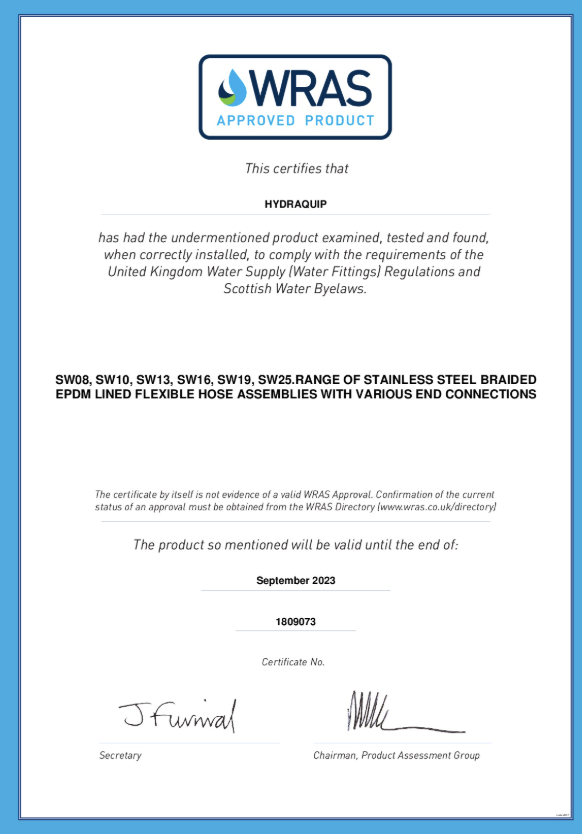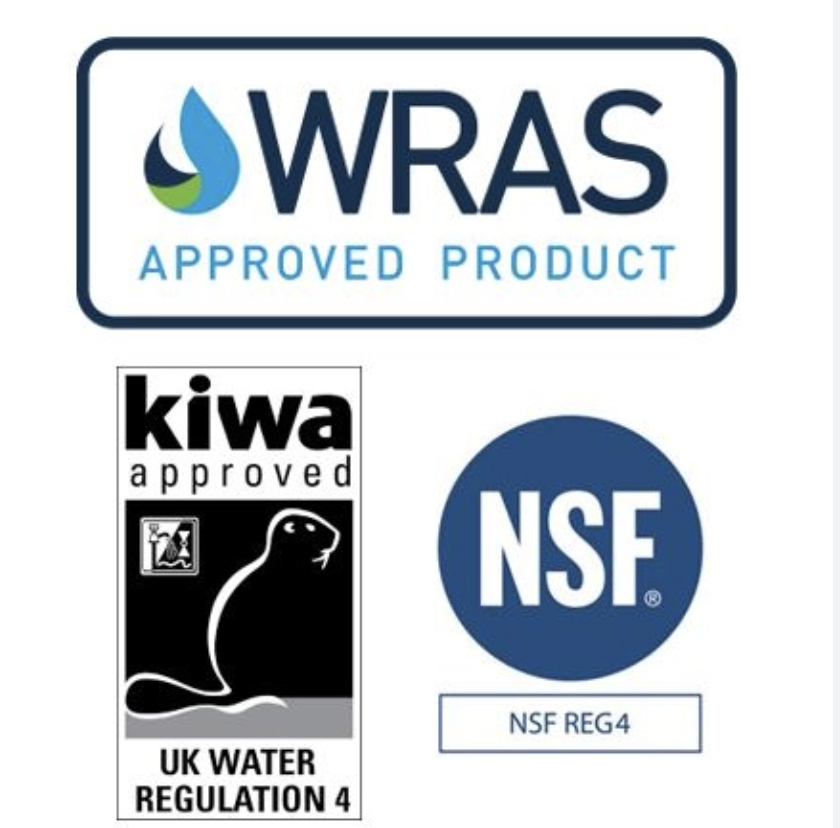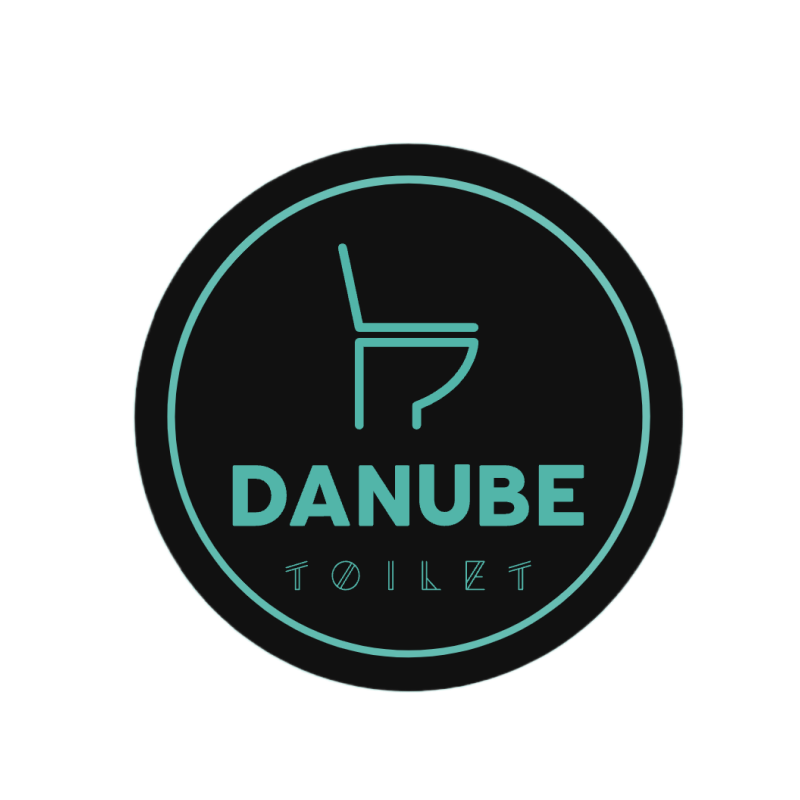When sourcing toilets for commercial buildings, hotels, or residential projects, ensuring water safety isn’t just a compliance issue — it’s about safeguarding the health of every end user. One critical standard that sets the bar for water safety in plumbing fixtures in the UK is WRAS certification. But what exactly does WRAS compliance mean, and why should global toilet buyers and developers care?
In this article, we’ll explore the meaning of WRAS, how it applies to toilets, and why it’s becoming a key decision factor for international procurement in the sanitary ware industry.
✅ What Is WRAS Certification?
WRAS stands for Water Regulations Advisory Scheme, a UK-based certification that confirms plumbing products comply with the Water Supply (Water Fittings) Regulations and Scottish Byelaws.
Put simply, WRAS certification ensures that any product connected to the UK’s mains water supply will not cause waste, misuse, undue consumption, or contamination of drinking water.

WRAS-Compliant Products Include:
- Ceramic toilets
- Wash basins
- Bathroom faucets and mixers
- Flush valves and cisterns
- Smart toilet systems
👉 Explore detailed WRAS guidelines here
🚽 Why Toilets Need WRAS Certification
Toilets are directly connected to the water supply. If poorly designed or manufactured with unsuitable materials, they can:
- Backflow contaminated water
- Leak untreated wastewater
- Damage the water pressure system
- Violate local plumbing codes
This is especially critical in multi-room developments such as hotels, hospitals, schools, and office towers. WRAS ensures toilets have been tested and approved for material safety and mechanical performance.
🔍 WRAS Testing Process for Toilets
Getting a ceramic toilet WRAS certified is no simple process. It undergoes both mechanical and materials testing, including:
| Test Criteria | Purpose | Required for WRAS? |
|---|---|---|
| Leaktightness Test | Ensures no leaks under standard water pressure | ✅ Yes |
| Cross-connection Prevention | Checks if the product avoids contamination via backflow | ✅ Yes |
| Materials Compatibility | Verifies no harmful leaching from plastics or rubbers | ✅ Yes |
| Mechanical Durability | Flush mechanism lifecycle test (often 200,000+ cycles) | ✅ Yes |
👉 Learn more about WRAS mechanical tests
🧠 Long-Term Benefits of Using WRAS Certified Toilets
Installing WRAS certified ceramic toilets or WRAS smart toilet valve systems not only meets UK legal requirements but also brings a number of real-world benefits:
1. Protection Against Liability
For architects, builders, and hotel project managers, non-compliant toilets can result in fines, insurance problems, or forced removals.
2. Peace of Mind for End Users
Customers and guests are increasingly conscious of hygiene and water safety. WRAS provides that extra level of trust.
3. Support for Green Building Certifications
WRAS products often help projects qualify for LEED, BREEAM, or similar certifications due to efficient water use.
4. Future-Proofing Large Projects
Especially important for smart or digitally controlled toilet systems, WRAS approval ensures valves and electronics meet safety expectations.
🏨 WRAS in Hospitality, Healthcare, and Public Buildings
WRAS certification is especially relevant in:
| Project Type | WRAS Priority | Key Toilet Products |
|---|---|---|
| Hotel Renovations | 🔥 High | WRAS compliant wash basin project supply |
| Hospital Installations | 🚨 Critical | Smart toilet with WRAS-approved backflow valves |
| Student Housing | ✅ Required | WRAS bathroom vanity OEM units |
| Government Buildings | 🛡️ Mandatory | Dual-flush toilets with WRAS certification |
🧑💼 Why Should Global Buyers Prioritize WRAS Toilets?
Even if your project isn’t located in the UK, WRAS offers a recognized benchmark for toilet safety and quality that:
- Simplifies importation into the UK/EU
- Demonstrates commitment to international compliance
- Makes your offerings more competitive for tender bids
For distributors, WRAS certified toilets can open doors to hotel chains, government contracts, and airport projects.
🌍 WRAS vs Other Water Certifications

| Certification | Country/Region | Focus Area | Common Use Case |
|---|---|---|---|
| WRAS | UK | Backflow, water contamination prevention | Toilets, taps, showers |
| WaterMark | Australia | Product safety and durability | Toilets, basins |
| NSF/ANSI 61 | USA/Canada | Drinking water system components | Valves, faucet components |
| KIWA | EU | Sanitary product compliance | Full bathroom product systems |
👉 Compare WRAS with WaterMark and NSF
🤖 WRAS and Smart Toilets: What’s Changing?
Smart toilets are becoming common in upscale hotels, villas, and executive office buildings. However, their integrated electronic bidets, auto-flush sensors, and self-cleaning nozzles all interact with the water supply.
This makes WRAS-approved smart mirrors and toilet systems even more important to avoid electrical cross-contamination and water damage.
If your project includes smart toilet OEM manufacturing, WRAS certification is fast becoming a key differentiator.
🔚 Conclusion: Build Safer, Smarter Bathrooms with WRAS Certification
WRAS isn’t just a logo — it’s a commitment to water safety, hygiene, and performance. For international buyers working on public infrastructure or commercial construction, choosing WRAS-certified toilets ensures smoother project approvals, better long-term ROI, and trust from clients and end users.
Danube is a professional factory in China specializing in ceramic toilets, smart toilets, vanities, basins, and intelligent mirrors, offering full OEM and ODM services. Our team supports WRAS-compliant product development, especially for buyers targeting UK, EU, and hotel project markets.
💬 FAQ: WRAS Certification for Toilets
Q1: Can WRAS certified products be used outside the UK?
Absolutely. WRAS is widely respected internationally, and many global developers use WRAS as a quality benchmark.
Q2: Is WRAS required for every type of toilet?
Only for toilets that connect to the mains water in the UK. However, using WRAS-certified units anywhere ensures safer water flow and prevents liability.
Q3: How long is WRAS certification valid?
Five years from the approval date. Products must be re-tested to maintain certification.
Q4: Can smart toilets get WRAS approval?
Yes, but their water-handling components — like bidet nozzles and auto valves — must individually meet WRAS standards.
